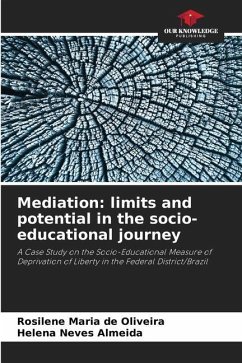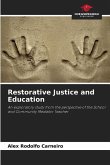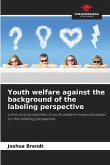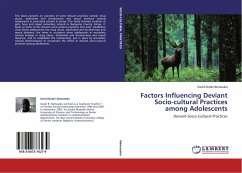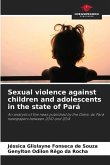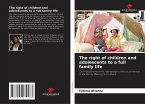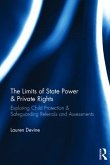In the 1990s, Brazil established democratic regulations to guarantee the rights of children and adolescents. It instituted a system for managing offences committed by adolescents, combining accountability with the prevalence of pedagogical perspectives, namely socio-educational measures. This work analyses the feasibility of conflict mediation processes between adolescents serving a socio-educational measure of deprivation of liberty. The data presented resulted from a case study carried out in an institution in the Federal District, in the Centre-West region of Brazil. The work includes: identifying the typology of conflicts between peers and the institutional mechanisms used in response to the conflict; characterising the sample of the population served; and the subjects' perception of the feasibility of applying mediation. The results of the research point to the institution's tendency towards conflict management based on isolation as a limit. In this context, the potential ofmediation lies in engendering alternative courses of action capable of introducing new learning and changing the scale of conflicts.
Bitte wählen Sie Ihr Anliegen aus.
Rechnungen
Retourenschein anfordern
Bestellstatus
Storno

